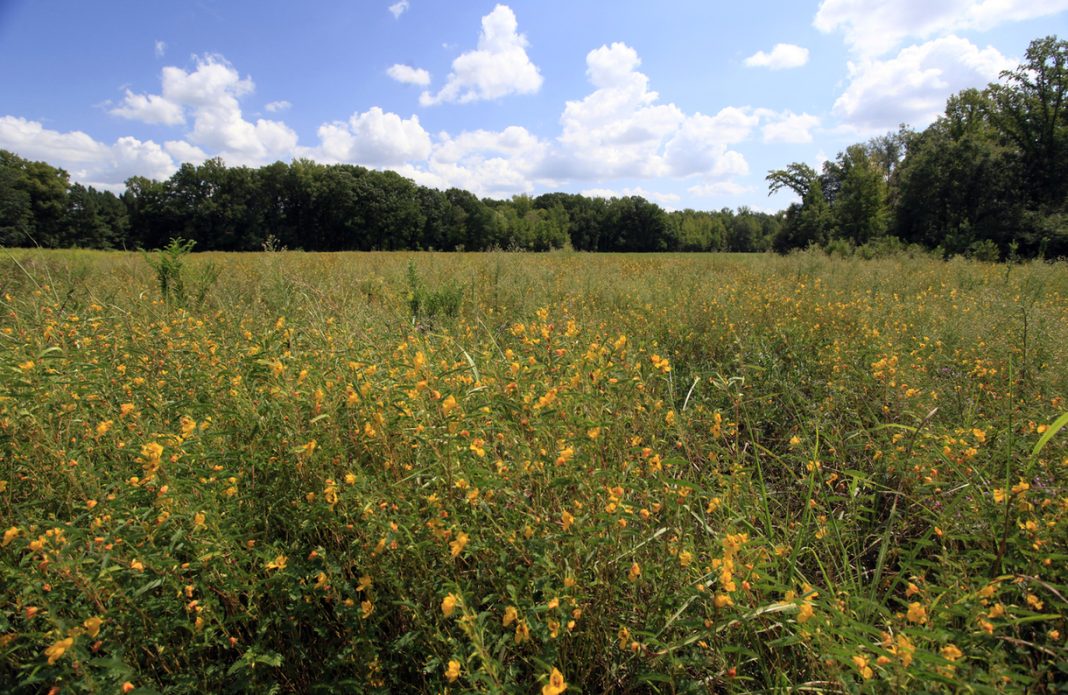Randy Zellers Assistant Chief of Communications
LITTLE ROCK — The “No Mow May” movement making the rounds on social media first attracted me because, quite frankly, May is a fantastic time to get out and fish instead of spend my days on a lawnmower. And if my lack of enthusiasm in fighting Mother Nature’s designs for my property helped pollinators and ground-nesting birds, even better. But why limit my wildlife-friendly loafing to a single month?
No Mow May began in England as a way to help pollinators and promote the use of plants that are native for an area instead of planting monocultures of sod-forming grasses that look neat and orderly but offer little added benefit to animals. Thanks to social media, the catchy phrase has spread across the pond and has found a new home in the states, but there’s so much more that can be done for wildlife when you’re living in a place called The Natural State.
Allison Fowler, assistant chief of wildlife management for the Arkansas Game and Fish Commission, worked extensively on projects to benefit pollinators and other native wildlife before recently being promoted to her new position. She says studies have shown delaying mowing a lawn by as little as a week can result in a much larger diversity of bees and other pollinating insects using your land.
“We sort of get caught up in that routine of mowing and planting sod-forming grasses to make our yards attractive, but they’re not as attractive to the wildlife,” Fowler said. “Bees, butterflies and fireflies all benefit from the flowers of those weeds we’re cutting down. A lot of people make comments on how they don’t see the lightning bugs in an area like when they first moved in, but the reason for that disappearance never really sinks in. We have a space at my home that we let grow wild, and we still get to enjoy those fireflies.”
Allowing some dandelions and clover enough time to bloom and benefit bees definitely is helpful, but with a little effort on the front end, private landowners can benefit wildlife much more and likely spend less money in the long run than constantly chopping up valuable habitat with a mower or bushhog. Allowing native vegetation to bloom may reveal some native wildflowers already on your property, but adding some plantings of wildflower mixes can increase the benefit.
“The AGFC worked with the Arkansas Monarch Conservation Partnership to create a few great resources for landowners to learn more about planting or promoting native gardens and plots,” Fowler said. “Instead of spending money planting and watering exotic flowers, you can spend less and see better benefits from native plants that don’t require as much water and maintenance.”
Visit www.arkansasmonarchs.org to learn more about growing native vegetation to benefit wildlife and reduce the wear and tear on your lawnmower even more.






